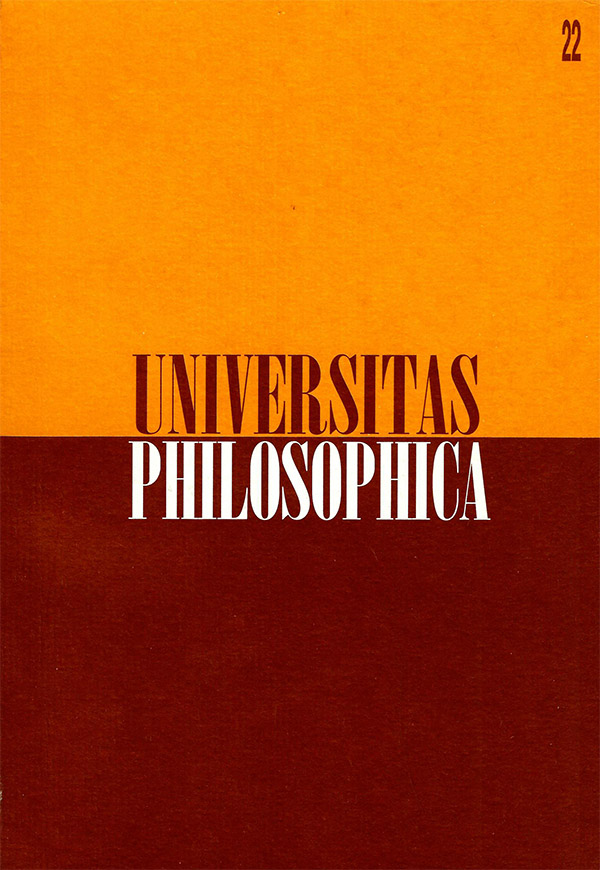Abstract
La muerte parece querer imponerse hoy naturalmente. Frente a la experiencia natural de la muerte, se trata aquí de pensar y de hacer posible una experiencia trascendental de la vida. La tarea es la de sentar las bases hacia una fenomenología de la vida. La filosofía fenomenológica quiere ser conciencia vigilante y comprensión de las experiencias mismas, con sus estructuras, de la vida de la conciencia. El terreno de disputa son por tanto las experiencias, y correlativamente, la actitud ingenua frente a la muerte, tanto como la actitud problemática frente a ella. Para la conciencia que vive en la actitud natural, la muerte tiene el carácter tanto de realidad en el otro y para el otro, como de posibilidad para sí misma. Se trata de la última de las posibilidades, y en cuanto tal, constituye y le da sentido a la vida: "la única certeza es la incertidumbre de la muerte". Frente a esta experiencia, la conciencia que vive en la actitud trascendental concibe la muerte como una experiencia cuyo único sentido le es dado por una voluntad de vida y por un esfuerzo de creación de la vida. La muerte es puesta entonces como necesidad (besoin) de trascenderla. Con todo, la conciencia ingenua y la conciencia trascendental son una sola y misma, y no difieren en naturaleza; sólo en sus actitudes, en sus formas de vida. La experiencia trascendental de la vida transforma a la conciencia natural en una conciencia trascendental.This journal is registered under a Creative Commons Attribution 4.0 International Public License. Thus, this work may be reproduced, distributed, and publicly shared in digital format, as long as the names of the authors and Pontificia Universidad Javeriana are acknowledged. Others are allowed to quote, adapt, transform, auto-archive, republish, and create based on this material, for any purpose (even commercial ones), provided the authorship is duly acknowledged, a link to the original work is provided, and it is specified if changes have been made. Pontificia Universidad Javeriana does not hold the rights of published works and the authors are solely responsible for the contents of their works; they keep the moral, intellectual, privacy, and publicity rights.
Approving the intervention of the work (review, copy-editing, translation, layout) and the following outreach, are granted through an use license and not through an assignment of rights. This means the journal and Pontificia Universidad Javeriana cannot be held responsible for any ethical malpractice by the authors. As a consequence of the protection granted by the use license, the journal is not required to publish recantations or modify information already published, unless the errata stems from the editorial management process. Publishing contents in this journal does not generate royalties for contributors.


